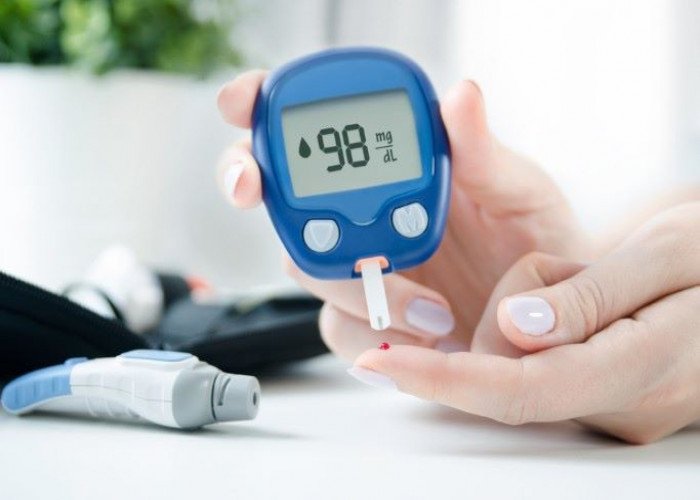 Welcome
Welcome
“May all be happy, may all be healed, may all be at peace and may no one ever suffer."
Diabetic hypoglycemia
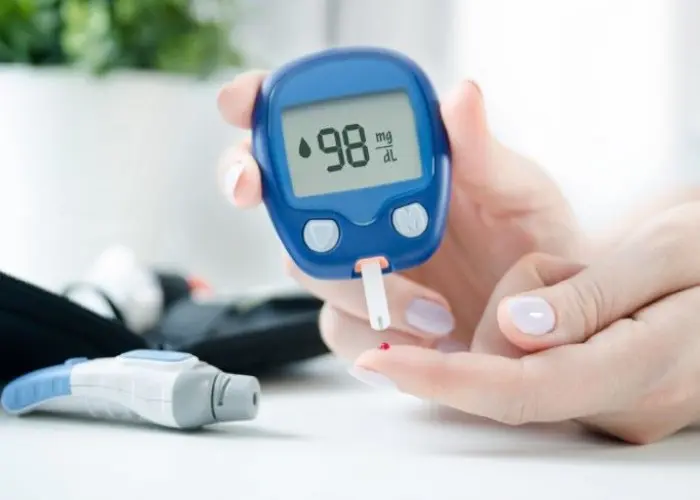
Diabetic hypoglycemia, also known as low blood sugar, is a common complication of diabetes that occurs when blood glucose levels drop below normal levels. It is usually caused by taking too much insulin or other glucose-lowering medications, skipping meals, or engaging in physical activity without adequate food intake.
The symptoms of diabetic hypoglycemia can vary depending on the severity and duration of the low blood sugar episode. Mild cases may cause symptoms such as shakiness, sweating, dizziness, headache, and confusion. Severe cases may result in seizures, loss of consciousness, and even coma.
If left untreated, diabetic hypoglycemia can lead to serious complications, such as impaired cognitive function, falls, accidents, and even death.
The treatment of diabetic hypoglycemia involves restoring blood glucose levels to normal as quickly as possible. This can be done by consuming glucose-containing foods or beverages, such as fruit juice, candy, or glucose tablets. If the person with diabetes is unable to swallow or is unconscious, glucagon injection can be given to raise blood sugar levels. Glucagon is a hormone that signals the liver to release stored glucose into the bloodstream.
Preventing diabetic hypoglycemia involves regular monitoring of blood sugar levels and adjusting medication doses as needed. It is important for people with diabetes to follow a healthy meal plan and to space their meals and snacks throughout the day to prevent low blood sugar episodes.
If you or someone you know experiences symptoms of diabetic hypoglycemia, it is important to treat the low blood sugar immediately. If left untreated, diabetic hypoglycemia can lead to serious complications and even death. By monitoring blood sugar levels regularly and following a healthy meal plan, you can help prevent diabetic hypoglycemia and other complications of diabetes.
Research Papers
Disease Signs and Symptoms
- Dizziness (vertigo)
- Excessive sweat
- Extreme hunger
- Rapid heartbeat (tachycardia)
- Confusion (Hallucinations)
- Anxiety
- Headaches
- High blood sugar
- Diabetes
Disease Causes
Diabetic hypoglycemia
Low blood sugar is most common among people who take insulin, but it can also occur if you're taking certain oral diabetes medications.
Common causes of diabetic hypoglycemia include:
- Taking too much insulin or diabetes medication
- Not eating enough
- Postponing or skipping a meal or snack
- Increasing exercise or physical activity without eating more or adjusting your medications
- Drinking alcohol
Blood sugar regulation
The hormone insulin lowers blood sugar levels when blood sugar is too high. If you have type 1 or type 2 diabetes and need insulin to control your blood sugar, taking more insulin than you need can cause your blood sugar level to drop too low and result in hypoglycemia.
Your blood sugar can also drop too low if, after taking your diabetes medication, you eat less than usual (most of the body's glucose comes from food), or if you exercise more than you normally do, which uses extra glucose. Maintaining the balance between insulin, food and activity isn't always easy, but your doctor or diabetes educator can work with you to try to prevent low blood sugar levels.
Disease Prevents
Diabetic hypoglycemia
To help prevent diabetic hypoglycemia:
- Monitor your blood sugar. Depending on your treatment plan, you may check and record your blood sugar level several times a week or multiple times a day. Careful monitoring is the only way to make sure that your blood sugar level remains within your target range.
- Don't skip or delay meals or snacks. If you take insulin or oral diabetes medication, be consistent about the amount you eat and the timing of your meals and snacks.
- Measure medication carefully, and take it on time. Take your medication as recommended by your doctor.
- Adjust your medication or eat additional snacks if you increase your physical activity. The adjustment depends on the blood sugar test results, the type and length of the activity, and what medications you take.
- Eat a meal or snack with alcohol, if you choose to drink. Drinking alcohol on an empty stomach can cause hypoglycemia. Alcohol may also cause delayed hypoglycemia hours later, making blood sugar monitoring even more important.
- Record your low glucose reactions. This can help you and your health care team identify patterns contributing to hypoglycemia and find ways to prevent them.
- Carry some form of diabetes identification so that in an emergency others will know that you have diabetes. Use a medical identification necklace or bracelet and wallet card.
Disease Treatments
Hypoglycemic management
If you think your blood sugar may be dipping too low, check your blood sugar level with a blood glucose meter. Then eat or drink something that's mostly sugar or carbohydrates to raise your blood sugar level quickly. Pure glucose — found in tablets, gels and other forms — is the preferred treatment.
Foods with more fat, such as chocolate, don't raise blood sugar as quickly. And diet soft drinks cannot be used to treat an episode of hypoglycemia because they don't have any sugar.
Examples of foods that do raise your blood sugar level quickly include:
- Four glucose tablets (available without a prescription at most pharmacies)
- A serving of glucose gel (read the label for amount)
- Five to six pieces of hard candy or jelly beans (check the food label for the exact serving)
- Four ounces (120 milliliters) of fruit juice or regular — not diet — soda
- One tablespoon (15 milliliters) of sugar, corn syrup or honey
In general, food or drink with 15 grams of carbohydrates is often enough to raise your blood sugar levels back into a safe range.
Check your blood sugar level 15 minutes after eating or drinking something to treat your hypoglycemia. If your blood sugar is still too low, eat or drink something sugary again. Repeat this pattern until your blood sugar is above 70 mg/dL (3.9 mmol/L).
When you feel better, have a snack or a meal to keep your blood sugar from dropping again. If you normally take insulin with food, you generally don't need additional insulin if you're eating a snack after having a low blood sugar. If you're going to eat a meal, however, you may need a reduced dose of insulin to ensure that your blood sugar doesn't rise too quickly.
If you have symptoms of low blood sugar but can't check your blood sugar level right away, assume your blood sugar is low and treat for hypoglycemia.
It's important to try not to overtreat your low blood sugar. If you do, you may cause your blood sugar level to rise too high, which will make you feel thirsty and tired. And high blood sugar levels increase your risk of long-term diabetes complications if you have them often.
Emergency treatment
Glucagon is a hormone that raises blood sugar quickly. It can be lifesaving if someone isn't alert enough to eat or drink something to raise his or her blood sugar. Glucagon is available only by prescription.
Glucagon comes in an emergency syringe kit or as a nasal treatment. Store glucagon as directed on the packaging and be aware of the expiration date. When given to someone who is unconscious, the person should be turned on his or her side to prevent choking in case of vomiting.
About 15 minutes after getting glucagon, the person should be alert and able to eat. If someone doesn't respond within 15 minutes, call emergency medical care. If someone quickly responds to glucagon, it's still recommended that you contact his or her diabetes doctor promptly.
If you've had a low blood sugar episode that was serious enough to require help from others, your doctor will want to figure out if your insulin or other diabetes medication needs to be adjusted to prevent another serious episode.
Difficult-to-manage hypoglycemia
Some people have frequent and severe hypoglycemia despite medication adjustments. In these circumstances, your doctor may recommend that you keep your blood sugar in a higher than normal range.
He or she may also suggest that you use a continuous glucose monitor — a device that measures your blood sugar every few minutes via a sensor inserted underneath the skin. Your doctor will also likely recommend that you have glucagon with you at all times.
Hypoglycemia unawareness
Some people don't have or don't recognize early symptoms of hypoglycemia (hypoglycemia unawareness). If you have hypoglycemia unawareness, you may need to aim for a higher glucose target range.
It's also very important to check your blood sugar consistently before going to bed and to have a snack containing carbohydrates before going to sleep if your blood sugar is lower than your bedtime target. Your doctor may also recommend a continuous glucose monitor that can sound an alarm when your blood sugar is dropping.
Disease Diagnoses
Disease Allopathic Generics
Disease Ayurvedic Generics
Disease Homeopathic Generics
Disease yoga
Diabetic hypoglycemia and Learn More about Diseases

Dysphagia

Cellulitis

Anxiety disorders

Lung cancer
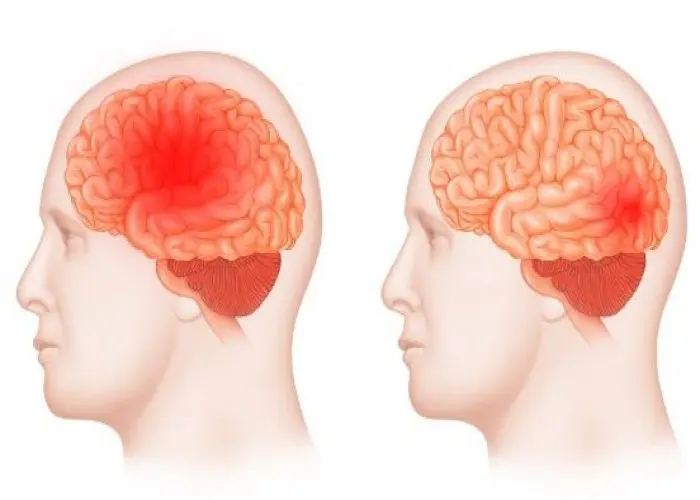
Frontal lobe seizures
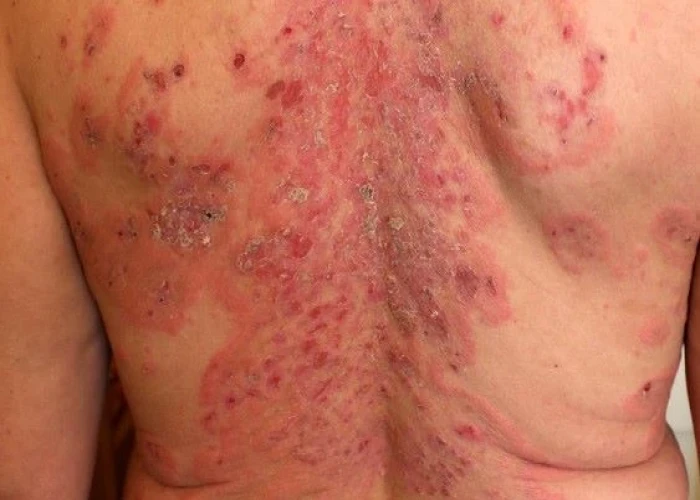
Pemphigus
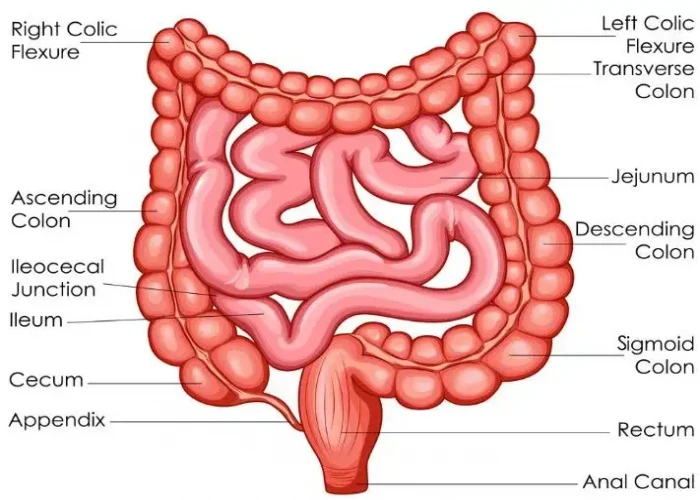
Small bowel prolapse (enterocele)
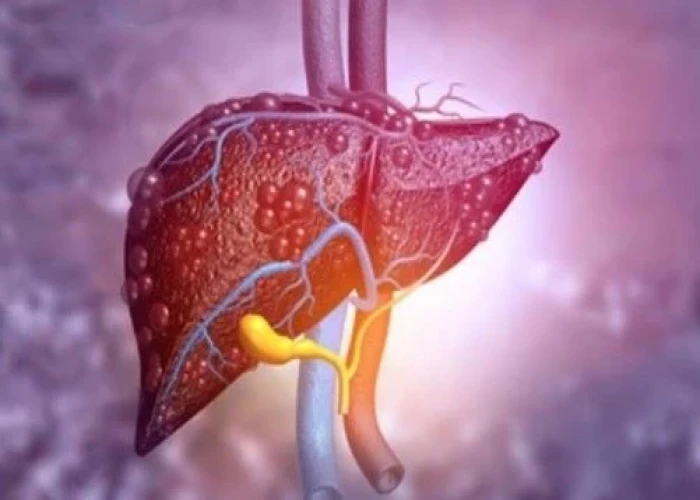
Primary sclerosing cholangitis
diabetic hypoglycemia, ডায়াবেটিক হাইপোগ্লাইসেমিয়া
To be happy, beautiful, healthy, wealthy, hale and long-lived stay with DM3S.
